Starting Dec. 1, Microsoft will raise the price of user client-access licenses (CALs) for enterprise customers that allow employees to access work software on their personal devices, meaning the "bring-your-own-device" trend will cost companies an extra 15 percent.
As noted by ZDNet, Microsoft is set to charge an additional 15 percent for "user" CALs, which will affect a number of enterprise customers that have begun allowing workers to access company software from any device of their choosing. The CALs are attached to various integral applications widely used in enterprise, like Exchange, Lync, Windows Server, System Center and others.
With the current setup, Microsoft offers "device" and "user" CALs, the former allowing any user server access from one specific device, while the latter gives one user the same access from any number of devices. Previously, both user and device licenses cost about the same.
"Device CALs may make more economic and administrative sense if your company has workers who share devices, for example, on different work shifts," Microsoft said. However, with the rise of BYOD, many firms are forced to purchase user CALs for every employee who needs access to Microsoft's suite.
It should be noted that the user license price hike also applies to Windows-based devices, however those machines have been on the market for decades, suggesting that the move is in response to the BYOD market arguably kick-started by the iPad and iPhone. Device CALs will retain their current pricing under the new plan.
In a statement regarding the upcoming change obtained by ZDNet, Microsoft pointed out that it was well aware of BYOD in enterprise:
These CAL changes include a user-based option that offers more value in support across unlimited devices and simplifies licensing management and compliance as devices in the workplace proliferate. Pricing for user CALs will change to reflect the increased value. Customers should work with their Microsoft partner or account team to assess their options.
While companies that have existing volume license agreements won't be affected by the new policy until their current contract expires, potential customers looking into licensing Microsoft software must lock in current prices before Dec. 1.
In a separate move to protect its stranglehold on enterprise, Microsoft upped the price of tablet virtualization licenses in April, a move seen as a direct response to the iPad's popularity in business. In that arrangement, Windows RT devices like the recently-released Surface come with free licensing rights.
 Mikey Campbell
Mikey Campbell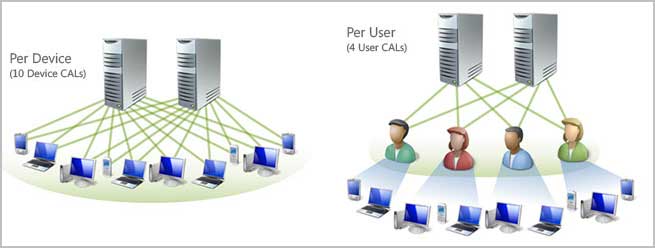

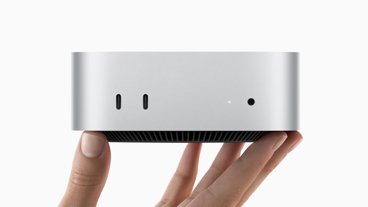
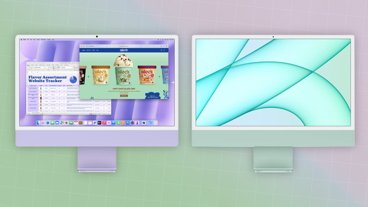


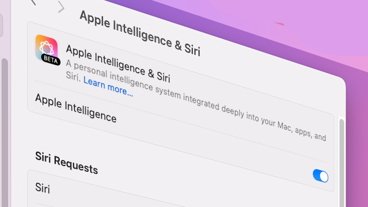






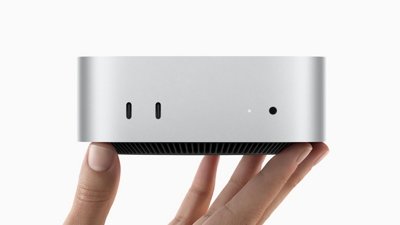
 Malcolm Owen
Malcolm Owen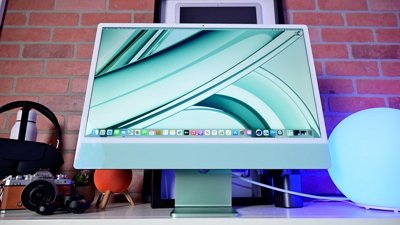

 William Gallagher
William Gallagher




 Christine McKee
Christine McKee
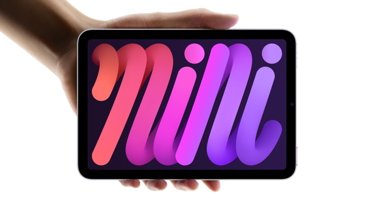






121 Comments
Smacks slightly of [I]panic[/I].
Obviously, the ITC will have to look into this, especially re: the pads.
Methinks this will come back and bite them in their greedy little behinds.
What a defensive posture. Maybe it is just me but shouldn't they be lowing fees instead of raising them?
Ah how the worm has turned.
MS' tired old Win/Office universal-licensing model is going the way of the dodo, and the solution of course, is to use some form of compulsion or duress on customers in order to fight market realties.
MS has become *such* a shitty company. A decade in the making. They never really were impressive beyond implementing a universal licensing racket before anyone else.
May Ballmer continue at the helm for years to come.